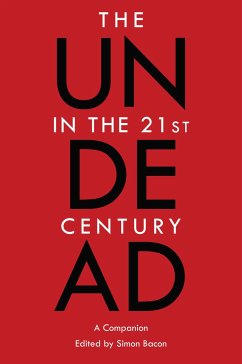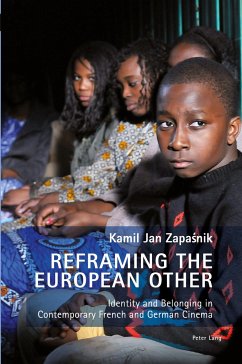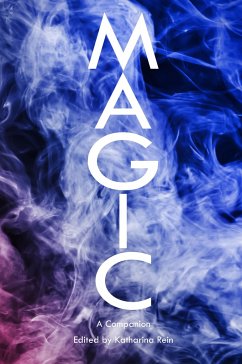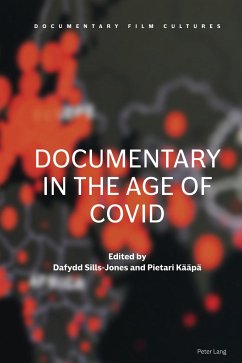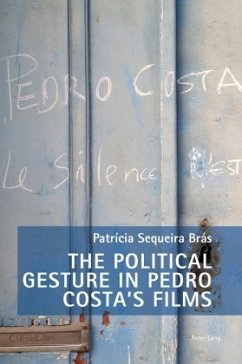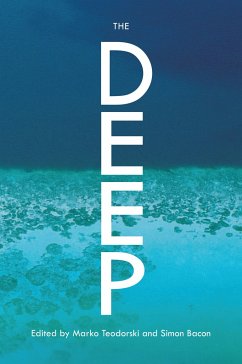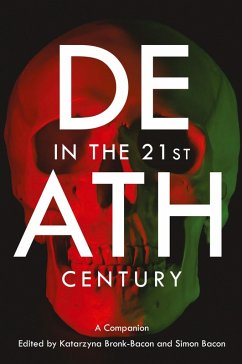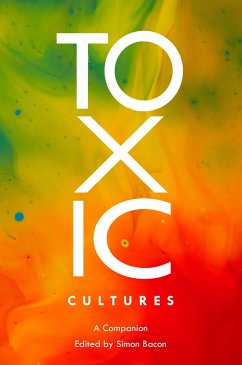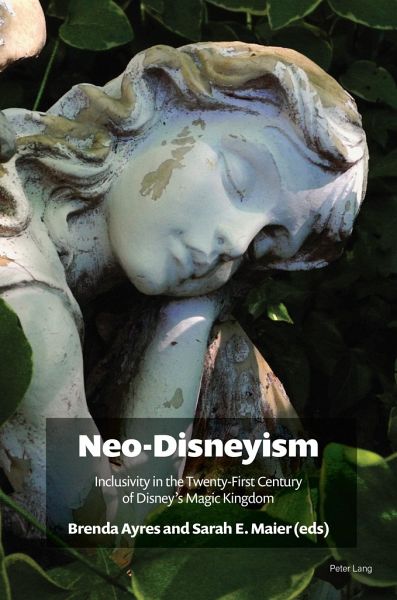
Neo-Disneyism
Inclusivity in the Twenty-First Century of Disney's Magic Kingdom
Herausgegeben: Ayres, Brenda; Maier, Sarah
Versandkostenfrei!
Versandfertig in 6-10 Tagen
33,95 €
inkl. MwSt.
Weitere Ausgaben:

PAYBACK Punkte
0 °P sammeln!
«The Disney Corporation has recently found itself embroiled in the so-called 'Don't Say Gay' legislation debates in Florida. Disney, as both filmmaker and global conglomerate, remains a powerful force in representations of diversity in American culture. The essays in Neo-Disneyism include examinations of films such as Return to Neverland, Luca, and Encanto, and Disney's own reinterpretations of its classics in its live-action remakes, as well as examining the theme parks. This groundbreaking book offers new perspectives in Disney scholarship as well as bringing a critical eye to the most pres...
«The Disney Corporation has recently found itself embroiled in the so-called 'Don't Say Gay' legislation debates in Florida. Disney, as both filmmaker and global conglomerate, remains a powerful force in representations of diversity in American culture. The essays in Neo-Disneyism include examinations of films such as Return to Neverland, Luca, and Encanto, and Disney's own reinterpretations of its classics in its live-action remakes, as well as examining the theme parks. This groundbreaking book offers new perspectives in Disney scholarship as well as bringing a critical eye to the most pressing issues of identity in our current time.»
(Professor Johnson Cheu, Michigan State University)
«This collection is a needed reassessment of Disney media adaptations in the last twenty years. The essays consider examples of inclusivity and the gaps needing transformation, underscoring the potential for an iconic American symbol of commercial success to advance social justice, gender equity, and racial/ethnic inclusivity, encouraging difficult conversations.»
(Professor Pushpa Parekh, Spelman College)
In 2003 Brenda Ayres published The Emperor's Old Groove: Decolonizing Disney's Magic Kingdom with Peter Lang. The contributors to its collection of essays argued that although the Disney Company had been making attempts to represent multicultural diversity, it persisted in inculcating insidious racial, cultural, and gender stereotypes. Nearly twenty years have passed since that analysis, and current scholars-many of them young and non-Western-are assessing more recent Disney films and finding them to be more inclusive, tolerant, and affirmative than previous works from the magic kingdom. The appraisal of Disney entertainment in the twenty-first century is the focus of the thirteen chapters by scholarly contributors from around the globe, finding it to be more inclusive, tolerant, and affirmative of multiple cultures, ethnicities, nationalities, and gender as well as the differently abled and mentally challenged. The analysis also suggests what Disney might yet do to promote peace, harmony, and wellbeing in a world that desperately needs to learn how to get along with others.
(Professor Johnson Cheu, Michigan State University)
«This collection is a needed reassessment of Disney media adaptations in the last twenty years. The essays consider examples of inclusivity and the gaps needing transformation, underscoring the potential for an iconic American symbol of commercial success to advance social justice, gender equity, and racial/ethnic inclusivity, encouraging difficult conversations.»
(Professor Pushpa Parekh, Spelman College)
In 2003 Brenda Ayres published The Emperor's Old Groove: Decolonizing Disney's Magic Kingdom with Peter Lang. The contributors to its collection of essays argued that although the Disney Company had been making attempts to represent multicultural diversity, it persisted in inculcating insidious racial, cultural, and gender stereotypes. Nearly twenty years have passed since that analysis, and current scholars-many of them young and non-Western-are assessing more recent Disney films and finding them to be more inclusive, tolerant, and affirmative than previous works from the magic kingdom. The appraisal of Disney entertainment in the twenty-first century is the focus of the thirteen chapters by scholarly contributors from around the globe, finding it to be more inclusive, tolerant, and affirmative of multiple cultures, ethnicities, nationalities, and gender as well as the differently abled and mentally challenged. The analysis also suggests what Disney might yet do to promote peace, harmony, and wellbeing in a world that desperately needs to learn how to get along with others.





